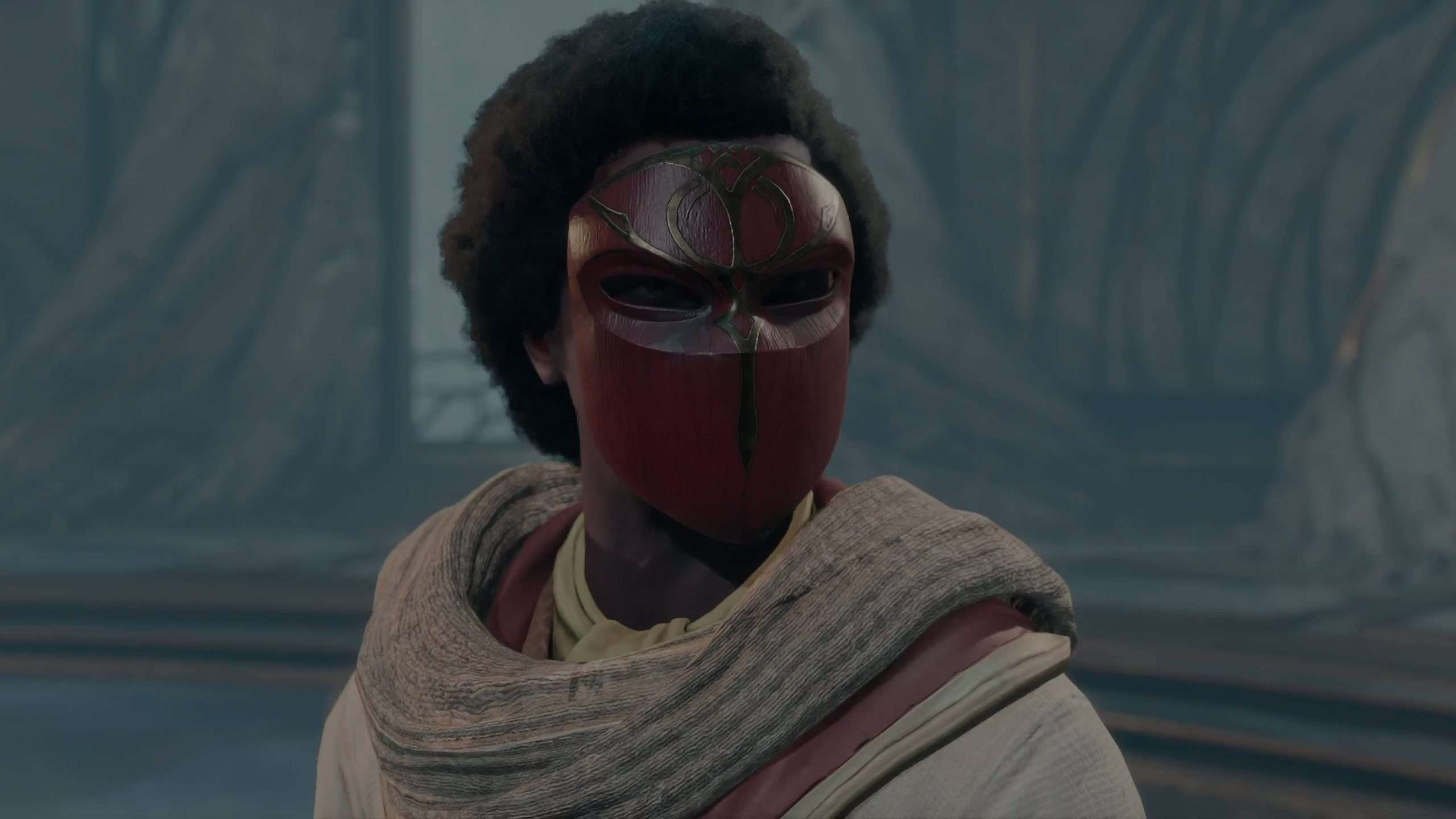#Hogwarts Legacy Calls Game Journalism’s Integrity Into Question! » OmniGeekEmpire

Table of Contents
“Hogwarts Legacy Calls Game Journalism’s Integrity Into Question! » OmniGeekEmpire”
Hogwarts Legacy is perhaps one of the most controversial games of our modern time. An exaggeration maybe, but I can’t think of a game that has stirred this much buzz aside from games like GTA or Mortal Kombat. However, what sets Hogwarts Legacy apart from games like GTA and Mortal Kombat, whose main controversy was parent’s inability to raise their kids and would rather blame games for their “extreme violence“, is that Hogwarts Legacy actually put the integrity of game journalists and reviewers into question.
I’m sure you’ve likely heard of Wired, a monthly American magazine, published in print and online editions, that focuses on how emerging technologies affect culture, the economy, and politics. They recently reviewed the game, that being Hogwarts Legacy. However, what sets this review apart is the fact that the reviewer chose to give the game a 1/10, a score reserved for an absolutely broken game. Nevertheless, when you go and read the review, virtually nothing about the review had anything to do with the actual quality of the game, but rather how J.K. Rowling, the creator of Harry Potter, made the writer feel and the conflict a game like Hogwarts Legacy brings to the Transgender community.
My issue isn’t the fact that the writer chose to bring their personal feeling about the game into the review, most reviews are a mixture of subjective and objective opinions after all, however, the fact still remains that she opted to not even bother reviewing the game, no mention of the game’s narratives, gameplay, audio, quality or even if Hogwartz Legacy itself is fun and worth the price. You know, the actual aspect that makes a review. This is troublesome for many reasons, aside from the example provided, there have even been cases of reviewers or journalists outright boycotting the game out of fear of retaliation in support of trans-activism. An example of this is Digital Foundry which specializes in technical analysis of gaming hardware and software, using state-of-the-art capture systems to show you how well games and hardware run, recently posted a video addressing that they were initially about to boycott the game, however, decided not to a week after the game’s release, which has led some in the community to accuse them of “checking the room temperature” to see if the clicks are worth it. Just like them, many likely had planned of boycotting the game, but so just how much the game had sold, and switched up.

In fact, I would dare say that reviewing the game became a test of integrity as a game journalist. Since the public at large had supported and played the game, if your review does not match the real state of the game, you’d likely be in questioning.
This has gotten the gaming community to discuss the integrity of game journalists once again. Are they even fit to carry out their jobs without allowing their personal bias to get in the way of the work? Have all reviewers in the past been influenced by what the community is hyped/belittled? Listen, had Wired written the article as an opinion piece, that would have been perfectly fine, however, the fact that it was published as a review makes it an entirely different matter altogether. A review is an assessment or a critical appraisal of something in order to inform the readers as to whether or not said something lives up to its claims. However, thanks to Hogwarts Legacy and Social media, we’re starting to see the chip in the armor breaking, signaling an even further decline of trust when it comes to these reviews. Not to mention it could lead developers and studios to no longer send out early review keys in fear of being poorly misrepresented or dragged down by an outside force. Can you imagine what would have happened if the boycott had succeeded? How many of these reviewers would have given the game poor reviews, feeling safe to do so, seeing how the herd has shifted in order to garner social approval? Truth be told, this also calls into question how many of these games were reviewed fairly in the past and how many were reviewed due to a game’s popularity, social approval, and hype herd mentality.
It’s a lot to take in, and all we can do now is wait to see how public opinions will be in a few months’ time.
If you liked the article, do not forget to share it with your friends. Follow us on Google News too, click on the star and choose us from your favorites.
For forums sites go to Forum.BuradaBiliyorum.Com
If you want to read more News articles, you can visit our General category.



